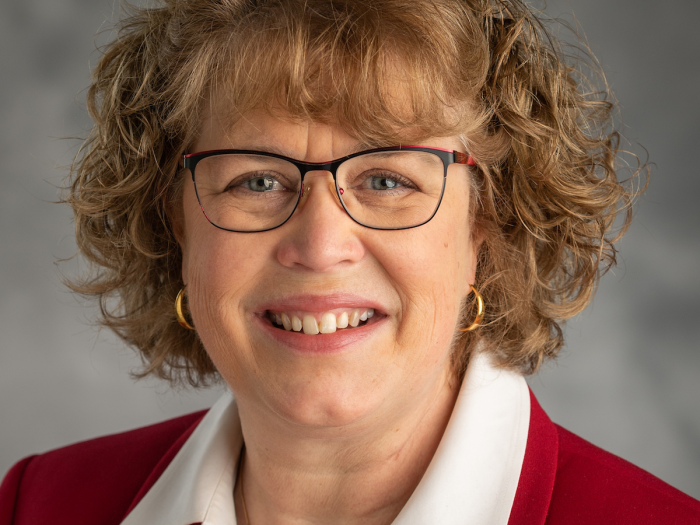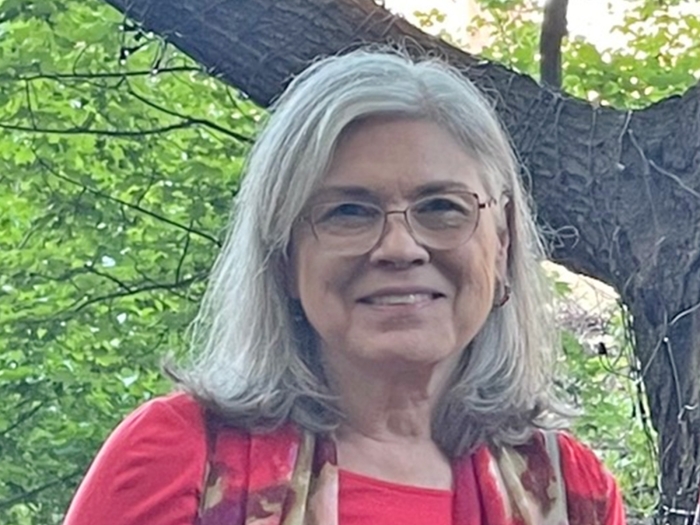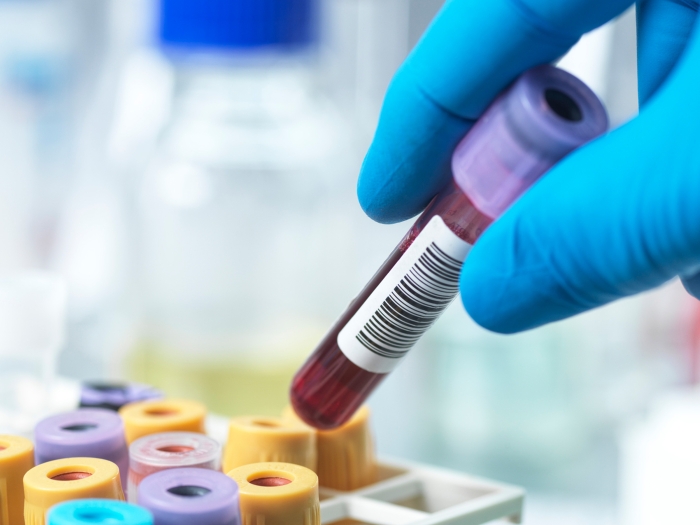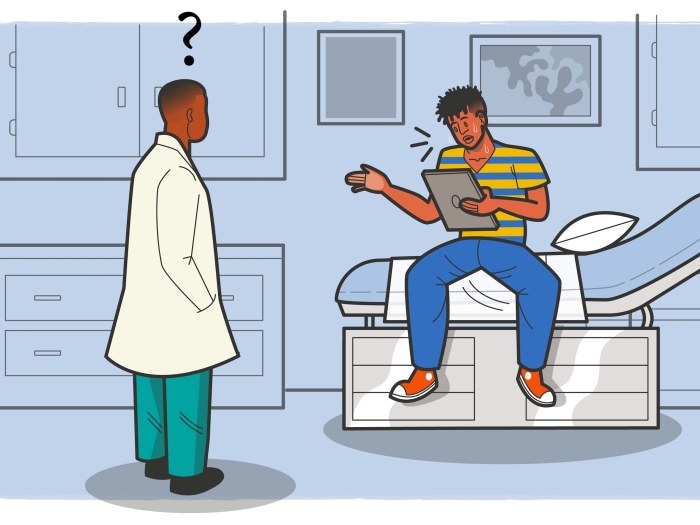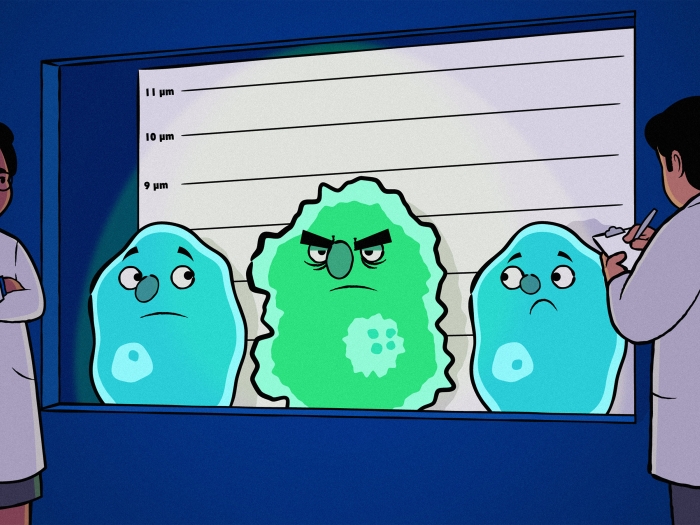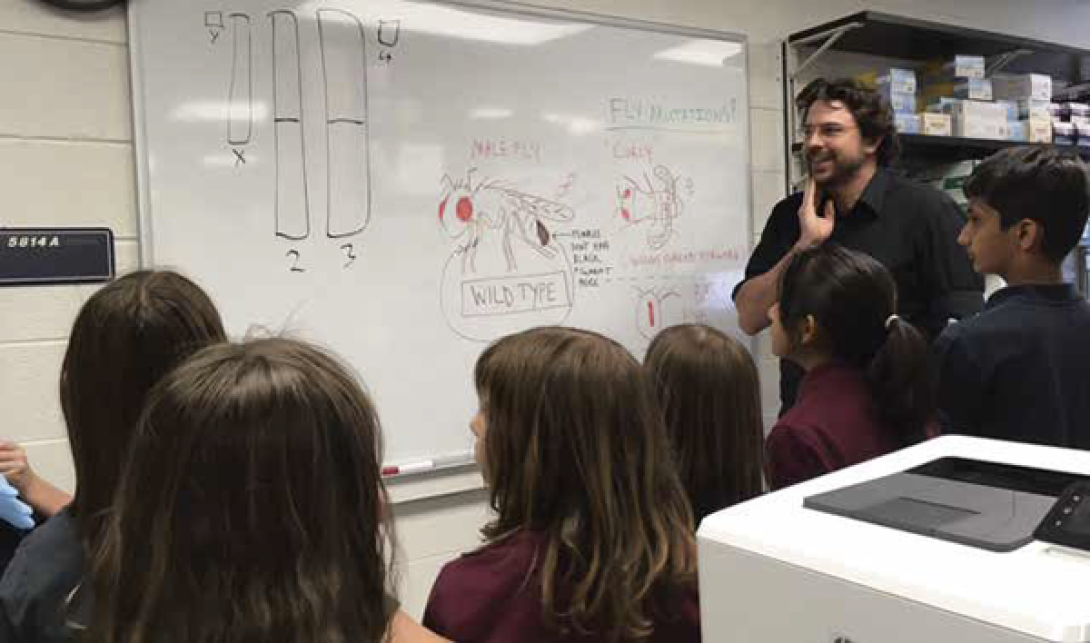
This summer, a group of local 4th and 5th grade students made a visit to the Department of Human Genetics to meet scientists and get hands-on experience with genetics. Their visit was coordinated by Dr. Diane Robins and Dr. Cristen Willer.
The students were preparing to compete in the GENE-ius Science Olympiad event, where they would use their new-found knowledge of heredity, genes, DNA, and chromosomes to complete tasks like drawing pedigrees, analyzing Punnett squares, and reading codons. They spent the afternoon visiting three Human Genetics labs, participating in several fun genetics activities. In Dr. Willer’s lab, students extracted DNA from strawberries and got a primer in basic computer programming. Their next stop was the lab of Dr. Jacob Mueller, where they were introduced to fruit fly mutants. Students examined and classified the flies based on phenotype (stumpy wing vs normal wing, male vs female). They even received a souvenir vial of flies to take home with them!
To conclude their visit, they dropped by Dr. Sue Hammoud’s lab, where they viewed fluorescent mouse embryos under a microscope and discussed meiosis and fertilization with the help of some edible chromosomes made from licorice. Parents accompanying the group were impressed by how quickly the students engaged with each experiment and the enthusiasm with which the students asked questions like “how do you know?” When quizzed by graduate students on genetic concepts and facts (like the length of the human genome), they were quick to respond and difficult to stump. We hope the opportunity to visit our research labs and talk to genetics students and faculty will encourage the students to be curious about the world around them and continue science-related activities throughout their education. Perhaps they will ultimately pursue careers in STEM fields like Human Genetics!

Associate Professor
